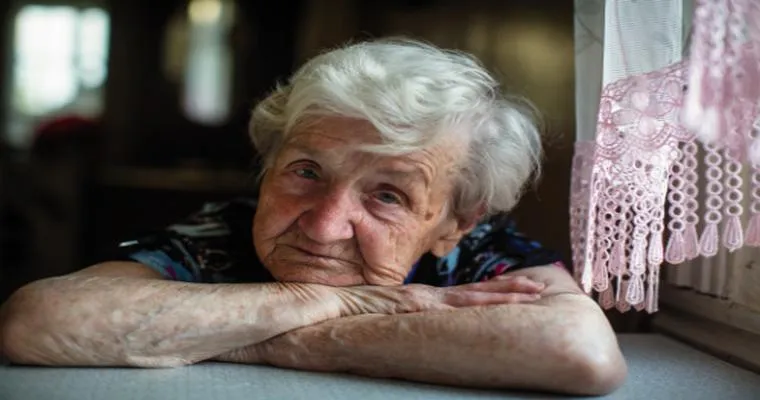Making the decision to move to a "private home" can be a significant step for individuals seeking more personalized care and comfort in their daily lives. However, one of the most crucial considerations in this transition is determining who will provide "caregiving" services. Whether you or a loved one requires assistance due to age, disability, or health issues, understanding the available options can help ensure a smooth and supportive move.
When moving into a private home, the first step is often assessing the level of care needed. This will guide you in choosing the right "caregiving" solutions. Here are some options to consider:
1. "Family Caregivers": Many individuals rely on family members to provide care. This can be a comforting arrangement, as loved ones are familiar with personal preferences and routines. However, it’s essential to have open discussions about the responsibilities involved to avoid caregiver burnout.
2. "Professional Caregivers": Hiring a professional caregiver can be an excellent option for those who need more specialized support. These individuals are trained to handle various tasks, from personal care to medication management. Professional caregivers offer the expertise necessary for individuals with specific health conditions or chronic illnesses.
3. "Home Health Agencies": Another option is to engage a home health agency. These organizations provide a range of services, including skilled nursing, physical therapy, and personal care assistance. They can tailor care plans to meet individual needs, ensuring that residents receive comprehensive support in their private homes.
4. "Assisted Living Services": Some private homes may offer assisted living services, providing a blend of independence and support. Residents can enjoy their own living spaces while accessing the necessary caregiving services as required. This option is ideal for those who value autonomy but still need assistance with day-to-day activities.
5. "Community Resources": Local community organizations often provide resources and support for individuals moving to a private home. They may offer volunteer caregivers, meal delivery services, or social activities that foster connections and enhance overall well-being.
6. "Technology Solutions": In the modern age, technology plays a vital role in caregiving. Smart home devices, health monitoring systems, and emergency response services can add an extra layer of safety and reassurance for individuals living alone or with minimal support.
In conclusion, moving to a "private home" presents an opportunity for a more personalized living experience. By carefully considering who will provide "caregiving" support—from family members to professional services—you can create a nurturing environment that meets your needs. Always remember to assess the level of care required and explore various options to find the best fit for you or your loved one. With the right support system in place, transitioning to a private home can be a positive and empowering experience.





